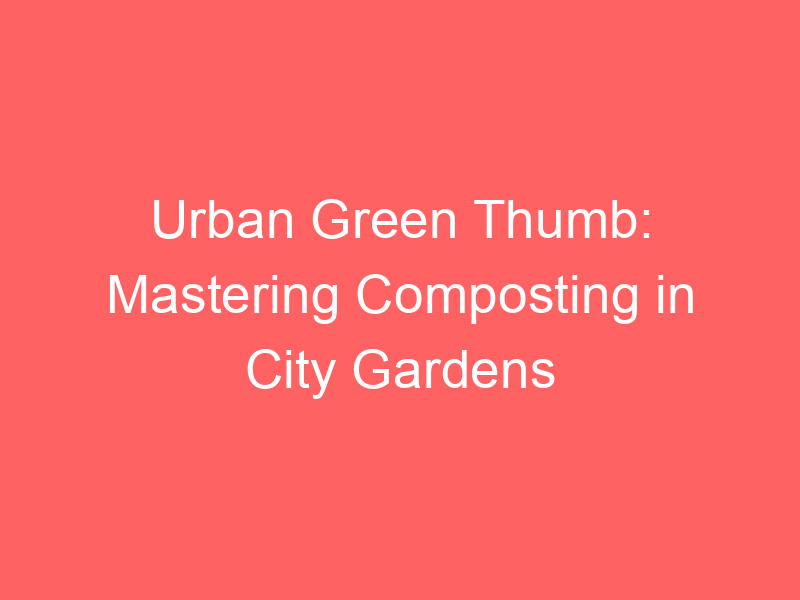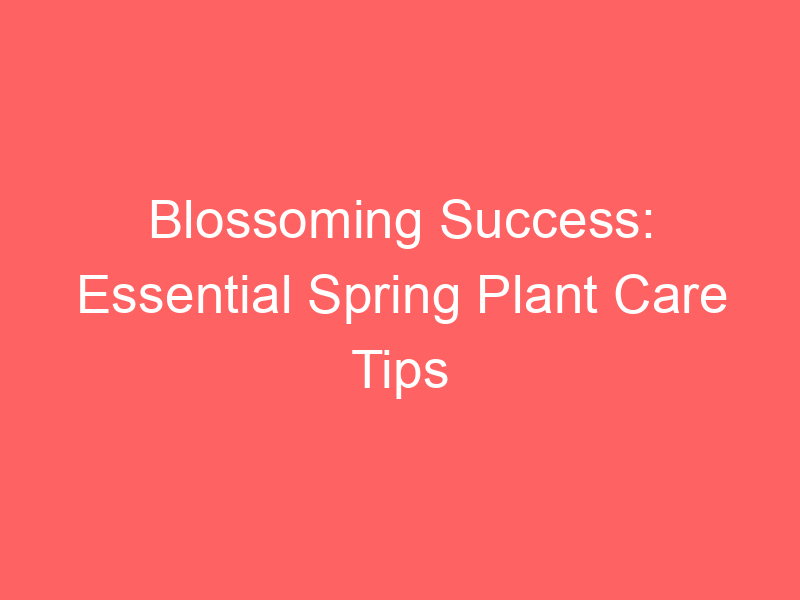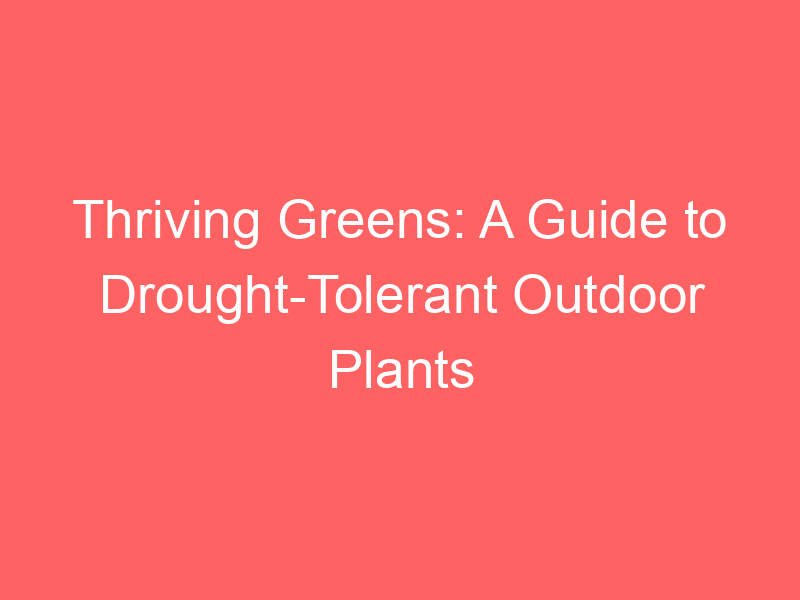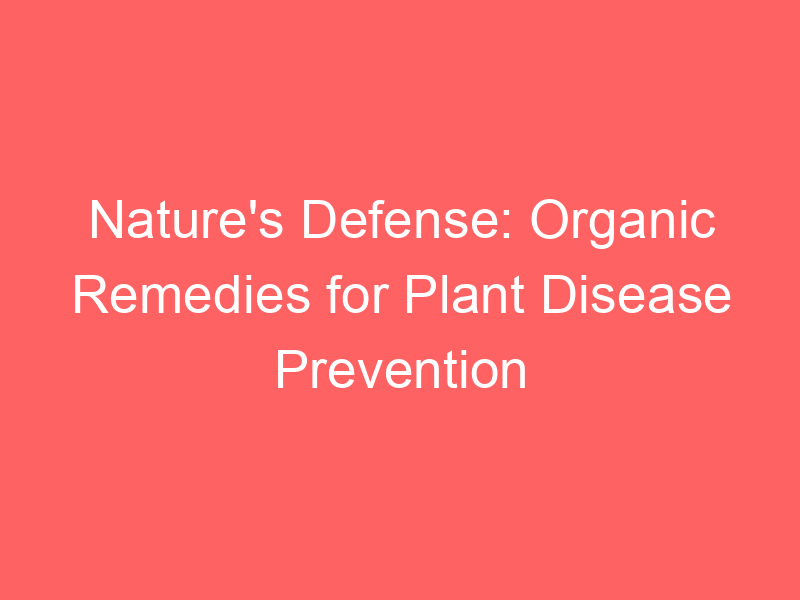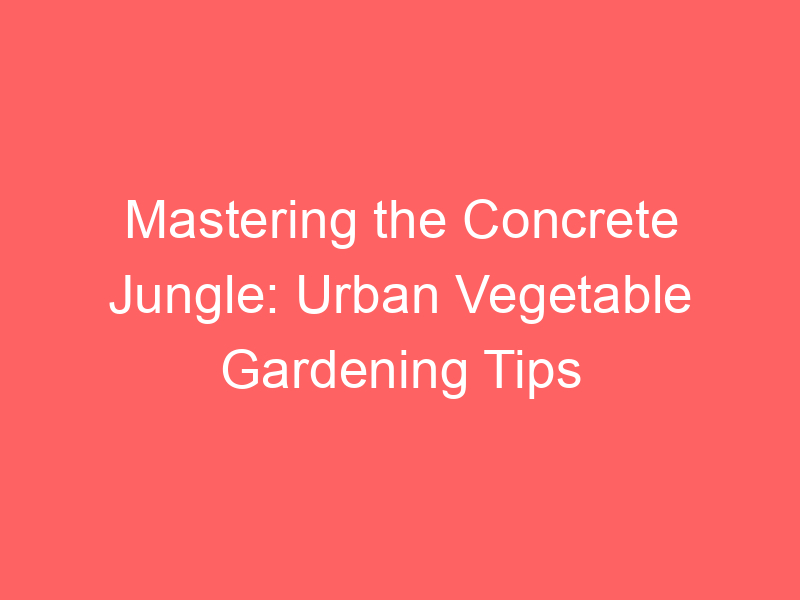Introduction to Urban Composting Methods
As cities continue to grow, the importance of sustainable practices becomes increasingly clear. One such practice is composting, a method of recycling organic waste into nutrient-rich soil. This introductory guide will explore the significance of composting in urban areas and its benefits for small city gardens.
- Understanding the Importance of Composting in Urban Areas
- Benefits of Composting for Small City Gardens
Urban composting is a crucial element in waste management and sustainability. According to Wikipedia, approximately 30% of household waste can be composted. Composting reduces the amount of waste sent to landfills, thus decreasing greenhouse gas emissions. Moreover, it enriches the soil, providing a natural alternative to chemical fertilizers.
Composting offers numerous benefits for small city gardens. It improves soil structure, making it easier for plants to take root. Compost also retains moisture, reducing the need for frequent watering. Furthermore, it provides essential nutrients for plant growth, leading to healthier, more vibrant gardens. A study by the U.S. Environmental Protection Agency found that composting can increase crop yields by up to 20%.
Whether you’re a seasoned gardener or a beginner, urban composting is a practical and eco-friendly method to enhance your garden’s health and productivity. Stay tuned as we delve deeper into composting techniques suitable for small gardens, managing waste, and improving soil quality.
Composting Techniques for Small Gardens
Composting is a natural process that turns organic material into a nutrient-rich soil conditioner. It’s an excellent way to recycle kitchen and garden waste. For small gardens, choosing the right composting method is essential to ensure the process is efficient and beneficial for your plants. Here are three composting methods suitable for small gardens:
Choosing the Right Composting Method
- Traditional Composting
- Worm Composting
- Bokashi Composting
Traditional composting, also known as aerobic composting, involves layering green and brown materials in a compost bin or pile. Green materials are rich in nitrogen and include items like vegetable scraps, coffee grounds, and fresh grass clippings. Brown materials, on the other hand, are rich in carbon and include items like dried leaves, straw, and paper. This method requires regular turning to provide oxygen, which aids in the decomposition process. It’s a simple and effective method, especially for beginners. Learn more about traditional composting here.
Worm composting, or vermicomposting, uses red worms to consume organic waste and produce worm castings, a rich compost full of nutrients. This method is ideal for small spaces as it can be done indoors or outdoors, in a small worm bin. It’s a faster process than traditional composting, but it requires a bit more maintenance, such as maintaining the right temperature and moisture levels. Learn more about worm composting here.
Bokashi composting is a Japanese method that uses a special bran inoculated with beneficial microbes to ferment organic waste. This method is incredibly efficient and can compost almost all kitchen waste, including meat and dairy, which are typically not recommended for other composting methods. It’s also an excellent choice for small spaces as it’s done in a sealed bucket, which reduces odors and pests. Learn more about Bokashi composting here.
Choosing the right composting method depends on your available space, the type of waste you generate, and how much effort you’re willing to put into the composting process. Each method has its benefits, so it’s about finding the one that works best for you and your garden.
DIY Composting for Urban Gardens
Composting is a great way to reduce waste and enrich the soil in your urban garden. It’s a process that transforms organic material, like kitchen scraps and yard waste, into a nutrient-rich soil conditioner. Here, we will guide you through the process of creating your own compost bin and choosing the right location for it.
- Creating your own compost bin
Creating your own compost bin is a simple and cost-effective way to manage organic waste. Here’s a step-by-step guide:
- Choose a container: A plastic bin about 24 inches tall or larger is a good start. Make sure it has a lid to keep pests out.
- Drill holes: Drill several small holes in the sides and bottom of your bin for aeration and drainage.
- Layer your compost: Start with a layer of brown material (like dried leaves or newspaper), then add a layer of green material (like vegetable scraps or grass clippings), and finally a layer of soil. Repeat until the bin is full.
- Turn the compost: Every few weeks, turn your compost with a pitchfork or shovel to help it decompose evenly.
Remember, the key to successful composting is a balance of green and brown materials. Green materials provide nitrogen, while brown materials provide carbon. A good rule of thumb is to use two-thirds brown material and one-third green material.
- Choosing the right location for your compost bin
Choosing the right location for your compost bin is crucial. It should be easily accessible, but not too close to living spaces due to the natural odour of the composting process. Here are a few tips:
- Choose a shaded area: Compost bins should be placed in a shaded area to prevent the compost from drying out.
- Ensure good drainage: The location should have good drainage to prevent the compost from becoming too wet.
- Keep it accessible: Make sure the bin is easily accessible so you can add materials and turn the compost regularly.
By following these steps, you can create a successful composting system in your urban garden. Not only will you be reducing waste, but you’ll also be enriching your soil and promoting healthier plant growth.
City Gardening Composting: Managing Waste
City gardening presents unique challenges, one of which is waste management. However, with the right approach, urban gardeners can turn this challenge into an opportunity through composting. Let’s explore how to manage waste effectively in city gardens.
Urban Garden Waste Management
There are several ways to manage waste in an urban garden, but one of the most effective and environmentally friendly methods is composting. Composting not only reduces the amount of waste that ends up in landfills, but it also enriches the soil in your garden, leading to healthier plants.
- Reducing waste through composting
- Composting kitchen scraps
- Composting garden waste
Composting is a natural process that turns organic material into a nutrient-rich soil conditioner. It’s an excellent way to reduce the amount of waste you produce. According to a Wikipedia article, composting can reduce household waste by up to 30%!
One of the easiest ways to start composting is by using kitchen scraps. Fruit and vegetable peels, coffee grounds, eggshells, and tea bags are all great for composting. However, avoid composting meat, dairy, and diseased plants as they can attract pests or create unpleasant odors.
Composting garden waste is another excellent way to reduce waste and enrich your soil. Leaves, grass clippings, and plant trimmings can all be composted. However, avoid composting weeds as they can spread in your garden.
By composting, you can turn waste into a valuable resource for your garden. Not only does this reduce the amount of waste that ends up in landfills, but it also improves the health and productivity of your garden. So, start composting today and make your city garden more sustainable!
Sustainable Composting for City Gardens
Composting is a fantastic way to reduce waste and improve the health of your city garden. Here, we will discuss some practical composting tips for plant lovers and the benefits of composting for the environment.
- Composting Tips for Plant Lovers
- Start Small: Begin with a small compost bin that fits in your space. You can even use a container with a lid.
- Balance Your Compost: A healthy compost pile should have a balance of green materials (like vegetable peels) and brown materials (like dried leaves).
- Turn Your Compost: Regularly turning your compost helps it decompose faster and prevents foul odors.
- Use Your Compost: Once your compost is dark and crumbly, it’s ready to use. Mix it into your garden soil or use it as a mulch.
- Benefits of Composting for the Environment
- Reduces Waste: Composting helps reduce the amount of organic waste that ends up in landfills. According to the Environmental Protection Agency, composting kept 32 million tons of waste out of landfills in 2015.
- Improves Soil Health: Compost enriches the soil, helping plants grow and reducing the need for chemical fertilizers.
- Fights Climate Change: Composting organic waste reduces methane emissions, a potent greenhouse gas.
Composting may seem daunting, especially in an urban setting, but with a few tips, you can turn your kitchen scraps into nutrient-rich compost for your plants.
Composting is not just beneficial for your plants; it’s also great for the environment. Here’s why:
By composting, you can contribute to a healthier environment while creating a thriving city garden. So why not start composting today?
Improving Soil Quality with Composting
Composting is a natural process that turns organic material into a nutrient-rich soil conditioner. It’s an excellent way to recycle kitchen and yard waste. Plus, it’s beneficial for your garden’s soil health. Let’s delve into how composting can improve urban garden soil quality.
Urban Garden Soil Improvement
Urban gardens often face challenges with soil quality due to pollution, construction, and lack of organic matter. However, composting can be a game-changer. Here’s how:
- Understanding the role of compost in soil health
- How compost improves soil structure
- Benefits of compost for plant health
Compost is rich in nutrients that plants need to grow. It’s made up of decomposed organic matter, which includes things like vegetable scraps, leaves, and grass clippings. When you add compost to your garden soil, it feeds the soil with these nutrients. This process is vital for urban gardens where the soil may lack essential nutrients due to urban pollution and construction.
Compost also improves the structure of the soil. It makes the soil looser, which helps roots to grow more easily. This is especially important in urban areas where the soil can be compacted due to construction and heavy foot traffic. A study from the University of Illinois found that adding compost to soil can increase its capacity to hold water and improve its structure.
Compost is not just good for the soil; it’s also beneficial for the plants. It provides them with essential nutrients, helps them resist diseases, and promotes healthy growth. According to a Cornell University study, compost can even help plants resist pests. So, by adding compost to your urban garden, you’re not only improving the soil but also boosting your plants’ health.
In conclusion, composting is a simple and effective way to improve the quality of your urban garden soil. It feeds the soil with essential nutrients, improves its structure, and promotes plant health. So, start composting today and give your urban garden the boost it needs!
Composting Solutions for Small Spaces
Composting is not just for those with large gardens or yards. Even if you live in a small apartment or have just a tiny balcony, you can still contribute to the environment by composting your organic waste. Here, we will explore some solutions for composting in small spaces.
Composting in Apartments and Balconies
Living in an apartment or having a small balcony doesn’t mean you can’t compost. There are several methods that can be adapted to small spaces. Let’s take a look at some of them.
- Indoor composting methods
- Composting on balconies
Indoor composting can be an excellent solution for those who don’t have outdoor space. One popular method is vermicomposting, which involves using worms to consume organic waste and produce compost. This method is odorless and compact, making it perfect for indoor use. Another method is bokashi composting. This Japanese technique uses a specific group of microorganisms to ferment organic waste, which can then be used as compost. It’s a quick process that can be done in a sealed bucket, making it suitable for apartments.
If you have a balcony, you can use traditional composting bins or tumblers. These containers are designed to speed up the composting process and are compact enough for a small balcony. You can also try a composting sack, which is a flexible container that can be squeezed into tight corners. Remember to turn your compost regularly to speed up the decomposition process and prevent odors.
Composting in small spaces might require a bit more creativity, but it’s certainly possible and beneficial. By composting, you are not only reducing the amount of waste that goes to landfill but also creating nutrient-rich soil for your indoor or balcony plants. So, don’t let space constraints stop you from composting!
Conclusion: The Impact of Urban Composting
As we conclude our exploration of urban composting, it’s clear that this practice holds significant potential for transforming our cities and our relationship with the environment. Let’s delve into some case studies of successful urban composting and look towards the future trends in this field.
- Case studies of successful urban composting
- Future trends in urban composting
Across the globe, numerous cities have embraced urban composting with remarkable success. For instance, San Francisco, USA, has implemented a citywide composting program that diverts about 80% of the city’s waste from landfills. This has not only reduced greenhouse gas emissions but also enriched the city’s gardens and parks with nutrient-rich compost. Learn more about San Francisco’s composting program here.
Another inspiring example is Bangalore, India, where a grassroots movement led by citizens has resulted in over 10,000 households composting their kitchen waste. This has significantly reduced the city’s waste management burden and created a thriving market for organic compost. Read more about Bangalore’s composting revolution here.
Looking ahead, the future of urban composting is promising. With increasing awareness about the environmental impact of waste, more cities are likely to adopt composting programs. Technological advancements are also expected to make composting more efficient and accessible. For instance, innovations like smart compost bins that monitor compost conditions and provide real-time feedback are on the horizon.
Moreover, policies encouraging composting are gaining momentum. For example, some cities are considering mandatory composting laws, while others are offering incentives for composting. As these trends continue, we can expect urban composting to play a pivotal role in sustainable urban development.
In conclusion, urban composting presents a powerful solution to waste management challenges, while also enriching our soils and promoting sustainable living. As we’ve seen from successful case studies and emerging trends, the future of urban composting is bright and full of potential. So, let’s roll up our sleeves, start composting, and contribute to a greener, healthier world!

